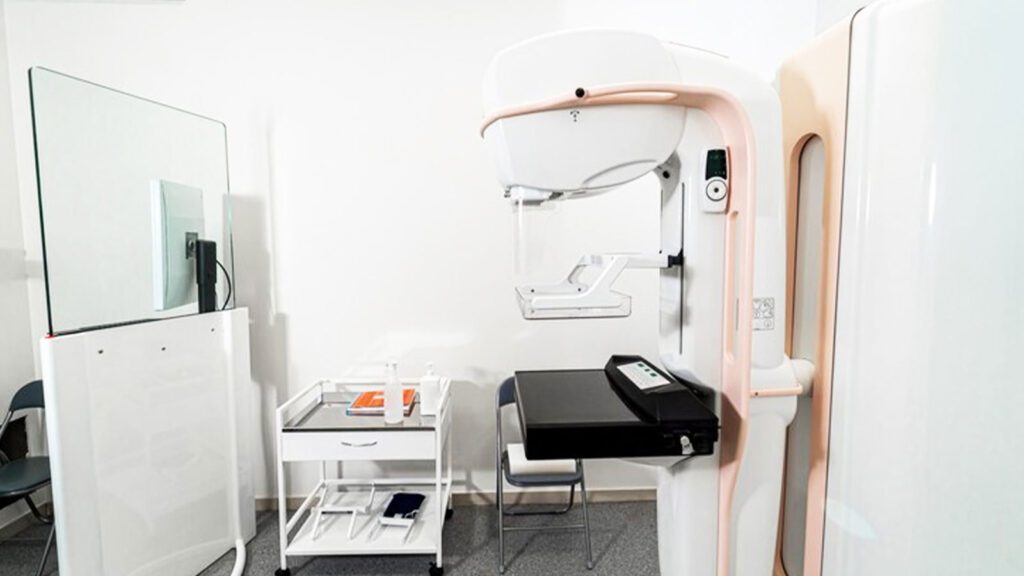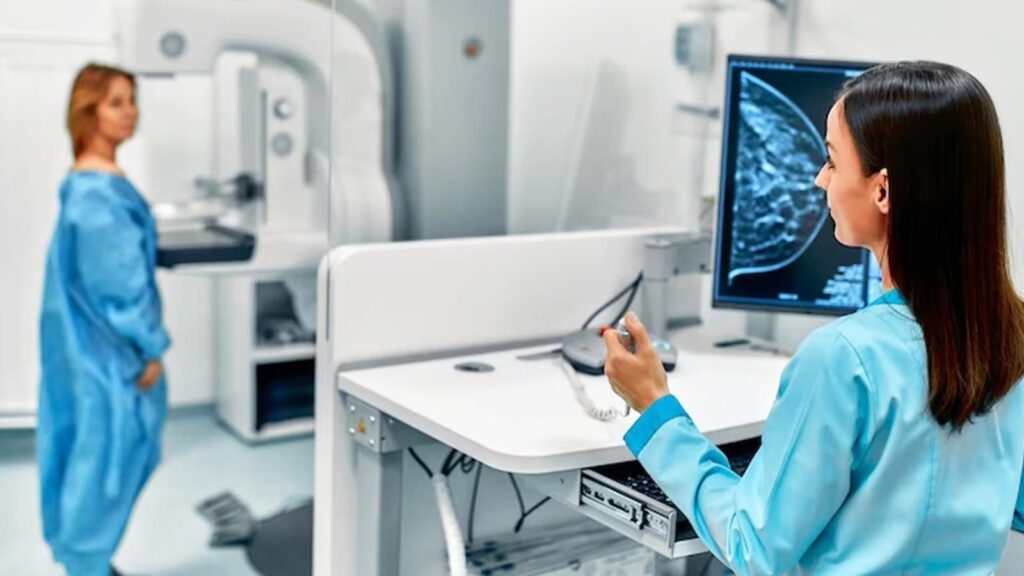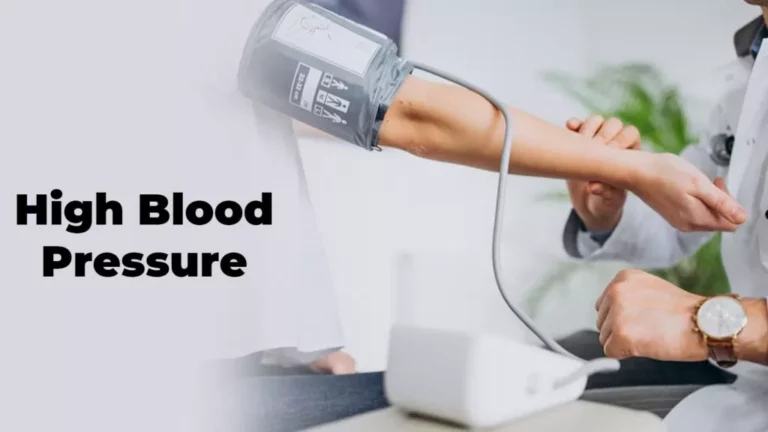Breast cancer is the most common cancer in women worldwide. Early detection is critical to successful treatment, which is why mammograms are an essential part of women’s healthcare. In addition, bone scans can help detect osteoporosis and other bone-related issues. At NovaMed Urgent Care, we offer referrals for mammograms and bone scans to help women stay on top of their health. In this article, we will discuss the importance of mammograms and bone scans, what to expect during the procedure.
Why are Mammograms Important?
A mammogram is an X-ray image of the breast used to screen for breast cancer. Mammograms can detect breast cancer early, even before symptoms appear. The American Cancer Society recommends women with an average risk of breast cancer to have a mammogram every year starting at age 40. Women with a higher risk of breast cancer, such as those with a family history, may need to start screening earlier and more frequently.

What to Expect During a Mammogram
During a mammogram, you will stand in front of an X-ray machine and your breast will be placed between two plates. The plates will compress your breast briefly to flatten it and hold it in place while the X-ray is taken. You may feel some discomfort during this process, but it should only last a few seconds. After the referral for a mammogram, a radiologist will review the images to check for any abnormalities. Your healthcare provider will then discuss the results with you and recommend any necessary follow-up tests or treatments.
Why are Bone Scans Important?
Bone scans are used to diagnose and monitor bone-related conditions, such as osteoporosis, bone infections, and bone tumors. Bone scans can detect bone loss before it becomes severe and can help identify fractures that may not be visible on X-rays. Women who are postmenopausal, have a family history of osteoporosis, or have taken corticosteroids for an extended period may be at higher risk for osteoporosis and may benefit from a bone scan.

What to Expect During a Bone Scan
During a bone scan, a small amount of radioactive material is injected into your bloodstream. This material travels through your bloodstream and collects in your bones, making them visible on a special camera. The procedure is painless, and the radiation exposure is minimal. After the procedure, a radiologist will review the images and provide a report to your healthcare provider. Your healthcare provider will then discuss the results with you and recommend any necessary follow-up tests or treatments.

How NovaMed Urgent Care Can Help
At NovaMed Urgent Care, we understand the importance of regular screenings and tests for maintaining good health. Our healthcare providers can provide referrals for mammograms and bone scans to help women stay on top of their health. We also offer personalized attention and follow-up care to ensure that our patients receive the best possible care.
According to the information
Regular screenings and tests are essential for women’s healthcare. Mammograms and bone scans can help detect breast cancer and bone-related conditions early, leading to better outcomes. At NovaMed Urgent Care, we offer referrals for mammograms and bone scans to help women stay on top of their health, and the best practices in terms of experience in this field. Contact us today to schedule an appointment and take the first step towards optimal health.






